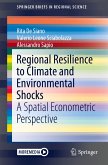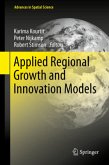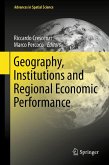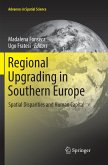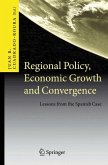The aim of this book is to tackle the question of what the European territory will look like over the next fifteen years by providing quali-quantitative territorial scenarios for the enlarged Europe, under different assumptions on future globalisation strategies of BRIC (Brazil, Russia, India and China) and East and West European countries. The approach is as neutral as possible vis-à-vis the results, leaving to a new forecasting model, the MASST model, built by the authors, to produce the tendencies and behavioural paths of regional GDP and population growth in each individual European region under alternative assumptions on the competitiveness strategies of different blocks of countries. The results are accompanied by strong policy messages intended to encourage long-term strategic thinking among a wide range of actors, scientists and policy makers in response to the risks and opportunities that the European territory will face.
From the reviews:
"The book deals with 'the question of what European territory will look like over the next fifteen years' ... . the reader is invited to examine the content of 11 chapters and numerous figures, maps, and tables, including 30 colored maps. ... In sum, the book presents an excellent opportunity to learn about the views of a group of European intellectuals on regional growth, policies ... . beneficial for anyone studying economic institutions in Europe, or concerned with analyzing and predicting mutually contradicting EU policies."
(Oleg A. Smirnov, Journal of Regional Science, Vol. 49 (3), 2009)
"The book deals with 'the question of what European territory will look like over the next fifteen years' ... . the reader is invited to examine the content of 11 chapters and numerous figures, maps, and tables, including 30 colored maps. ... In sum, the book presents an excellent opportunity to learn about the views of a group of European intellectuals on regional growth, policies ... . beneficial for anyone studying economic institutions in Europe, or concerned with analyzing and predicting mutually contradicting EU policies."
(Oleg A. Smirnov, Journal of Regional Science, Vol. 49 (3), 2009)


